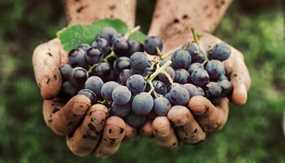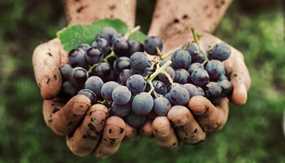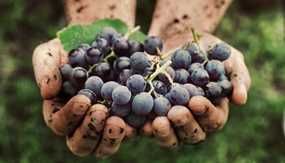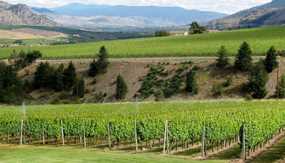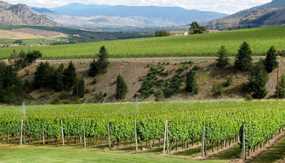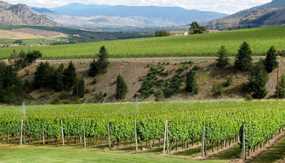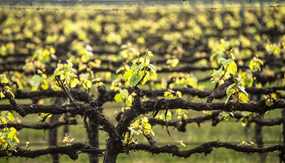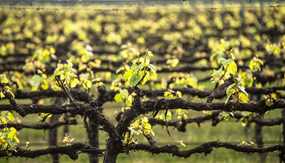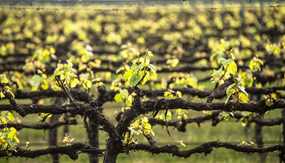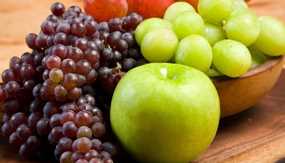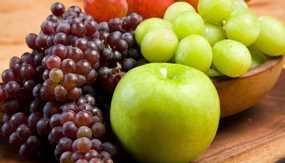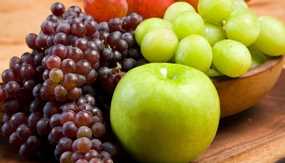Vineyard Management
Viticulture: The Stages of Wine Grape Cultivation
A detailed account of the science of viticulture and enology, these stages of cultivation and after-harvest winery processes make up the...
How Terroir Affects Wine
While terroir itself has no defined flavor, how terroir affects wine is determined by a combination of soil, climate, temperature,...
Pruning and Grape Vine Training: The Basics of Wine Grape Growing
Both pruning and training refer to the practice of removing selected plant parts, in order to manipulate a grapevine into acting in a...
T.V. Munson - The Man Who Saved the European Wine Industry
T.V. Munson was an American viticulturalist who perfected the science of vine grafting, saving the European wine industry after grafting...
Common Vineyard Pests, Diseases & How to Treat Them
Phylloxera is a microscopic aphid that feeds on the roots of grapevines; it is responsible for the Great French Wine Blight. Also known as...
Common Vine Diseases and Disorders
Common vine diseases include harmful ones like powdery mildew, downy mildew, bunch rot and Pierce's Disease. However, some afflictions,...
Here's the Difference Between Wine Grapes and Table Grapes
Wine grapes are smaller with large, hard seeds for the production of tannin while table grapes are large with small seeds for added juice...
Edaphology 101: Don't Plant Vineyards in These Soils
Edaphology is the science which studies the soil's influence on living organisms, especially plants. The best vineyards are those planted...
Pedology 101: The Process of Vineyard Site Selection
You need to practice prudent pedology, the study of soil. To fortify the soil, add necessary lime, nitrogen, compost or other additives....
How Pedology and Edaphology Affects Viticulture
Pedology and Edaphology are the two divisions that make up the study of soil, otherwise referred to as soil science. Along with climate,...
Botrytis Cinerea: Friend or Foe?
When it comes to viticulture, Botrytis Cinerea is arguably the most important fungus around. Its effect on the quality and quantity of a...
Why Are Most Vineyards Placed on Slopes and Hillsides?
Wine grapes benefit from altitude advantages not always found on ground-level plantations. These include a frost-free climate, moderate...
The Hang Time Debate: The Vintner's Battle
Hang time refers to the amount of time that wine grapes hang on the vine for after the growing season, during harvest. Vintners like hang...
From Vines to Vino: The Process of Making Wine
At a mid-sized vineyard in Tuscany, south of Florence, a group of vendemmiatori (pickers) gather for the day's production armed with...
